Need Support?
Please provide your question. We’ll find you with the best support options.
Table of Contents
2. Ceramic Bearing Materials Overview
Key Features of Ceramic Bearings
Light Weight
Corrosion Resistance
High Temperature
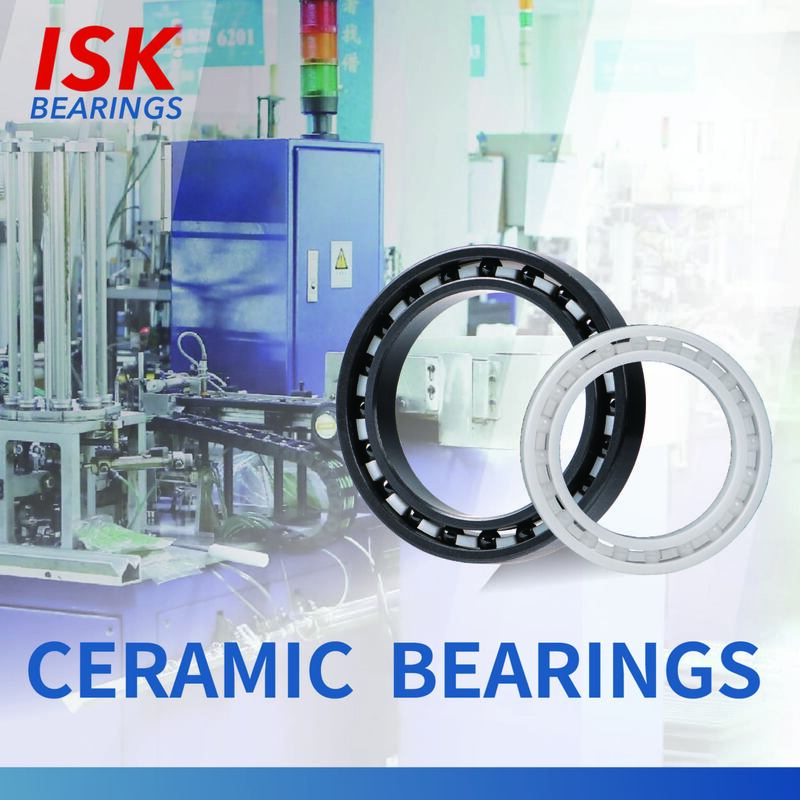
(1) Zirconia (ZrO2)
(2) Silicon Nitride (Si3N4)
(3) Silicon Carbide (SiC)
(4) Aluminium Oxide (Al2O3)
Each of these materials possesses excellent properties that allow ceramic bearings to perform exceptionally well in specific application environments.
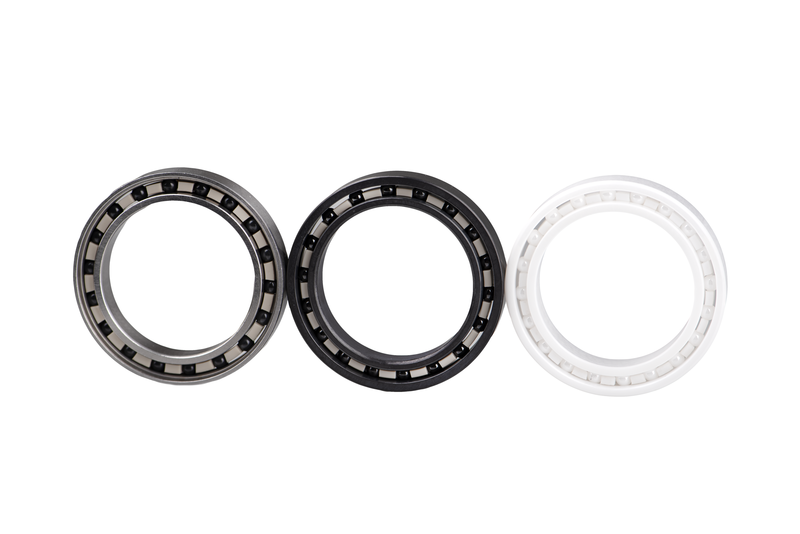
Ceramic bearings have superior chemical and corrosion resistance, allowing them to operate in more extreme environments and be less affected by thermal expansion and contraction compared to conventional materials. This enables them to maintain bearing clearance and function effectively in environments with significant temperature fluctuations.
 Save Time, Inquire Now | B2B Bulk and Custom Bearings
Save Time, Inquire Now | B2B Bulk and Custom Bearings

Zirconia ceramic bearings utilize ZrO2 (Zirconia) as the main material for the bearings, featuring excellent hardness, high strength, and wear resistance. They also exhibit high corrosion resistance in most acidic and alkaline environments. Zirconia ceramic bearings are commonly used in high-temperature environments, such as turbochargers, dental tools, and cutting equipment.
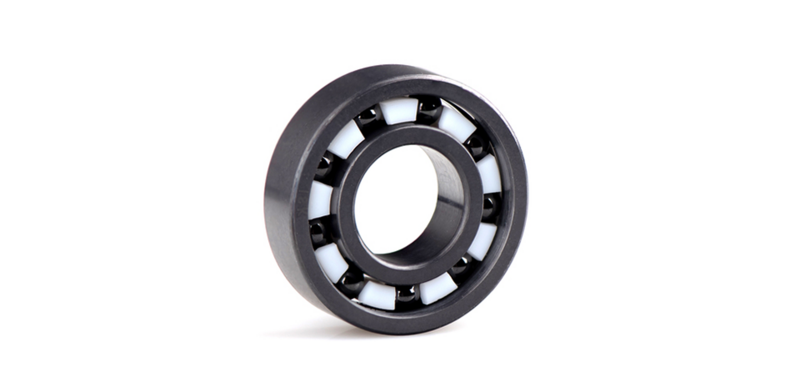
Silicon Nitride ceramic bearings utilize Si3N4 (Silicon Nitride) as the main material for the bearings. They possess excellent mechanical properties, including high strength, high-temperature resistance, and high thermal conductivity. They also have a low coefficient of friction and excellent thermal stability. Silicon Nitride ceramic bearings are commonly used in demanding environments, such as aerospace, semiconductor manufacturing, and chemical processing.
Ceramic bearings find application in high-vacuum and high-temperature environments in the semiconductor manufacturing process. They are used to support and operate equipment, ensuring process stability and precision.
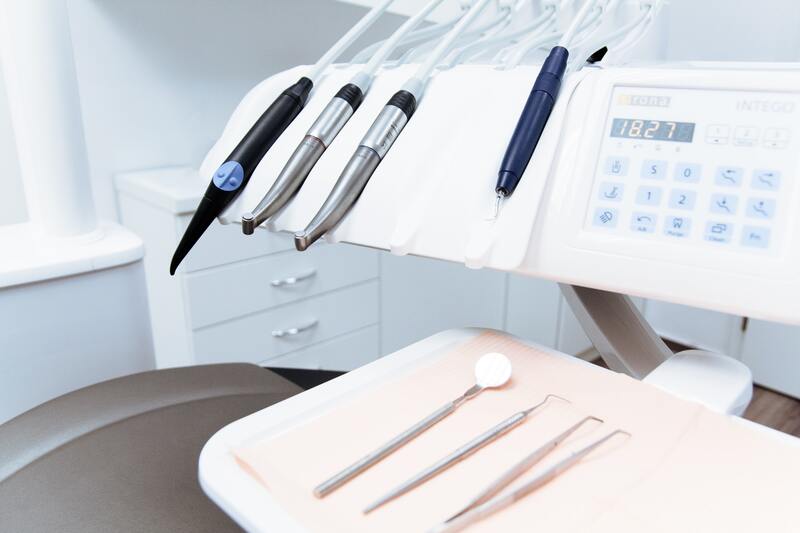
Due to their excellent biocompatibility and low friction properties, ceramic bearings are widely employed in medical devices such as artificial joints, dental equipment, and medical imaging devices.
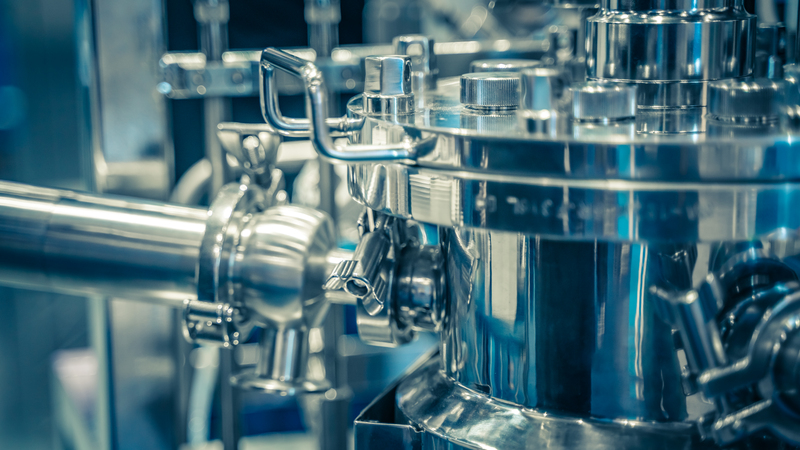
Ceramic bearings possess exceptional corrosion resistance, making them widely used in corrosive environments found in industries such as chemical manufacturing, marine engineering, and oil extraction.
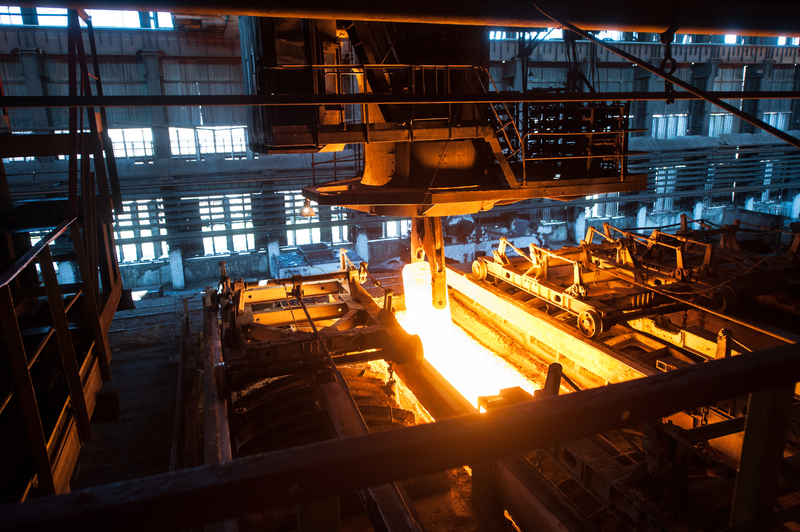
Ceramic bearings can maintain excellent performance in high-temperature environments, making them extensively utilized in high-temperature industrial sectors such as steel smelting, glass production, and high-temperature furnaces.
If you're using bearings in other industries, let us know your application requirements — we'll recommend the most suitable bearings for you.
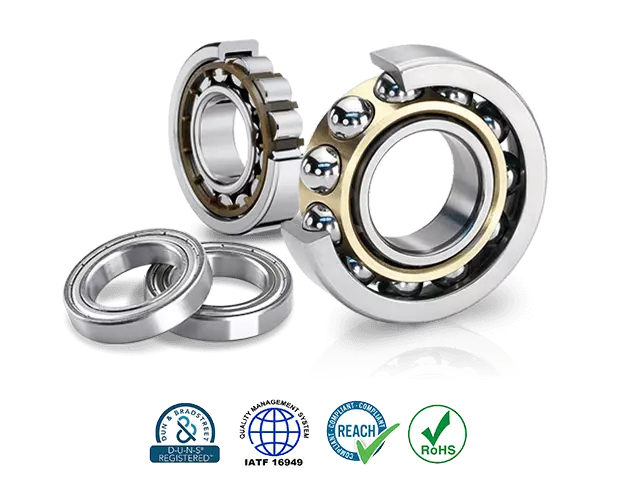
With IATF 16949, RoHS, and REACH certifications, we adhere to international standards, ensuring that our products not only meet the highest quality standards but are also environmentally friendly.


Need a Reliable Partner for High-Volume and Quality Ceramic Bearings?
Please provide your question. We’ll find you with the best support options.